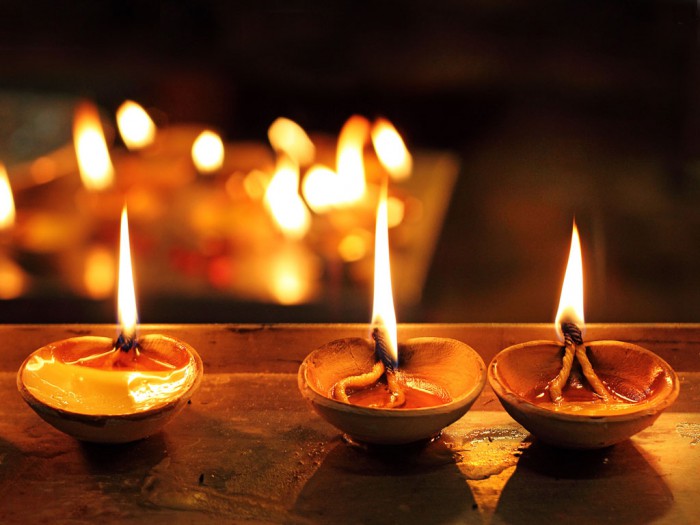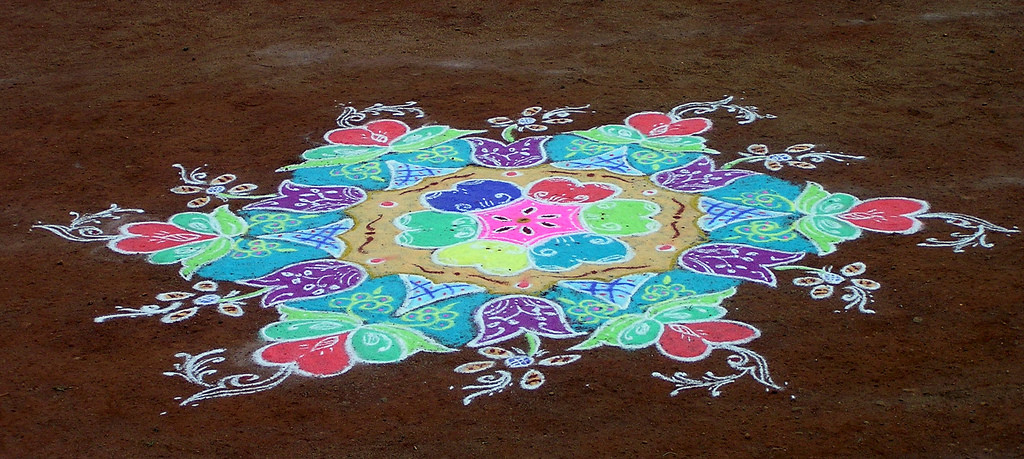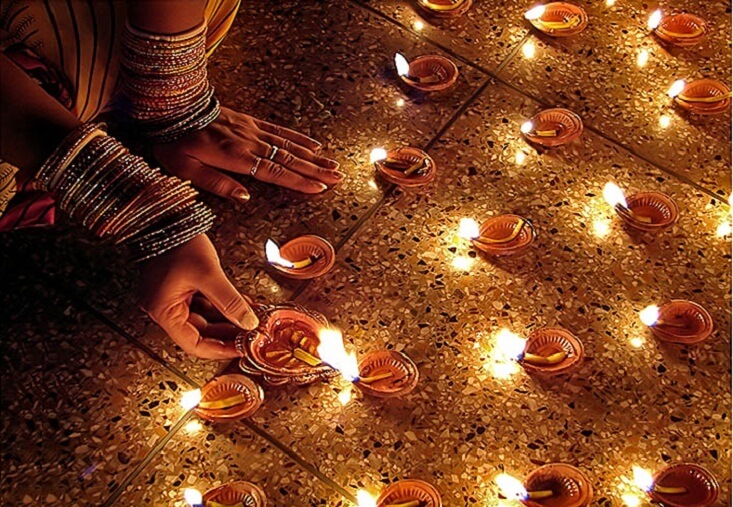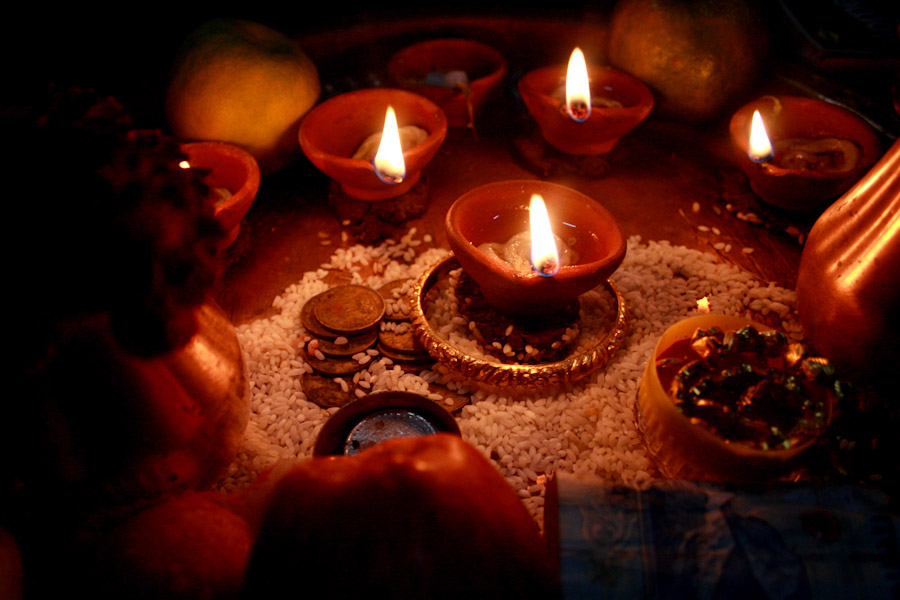Deepavali, also known as the festivals of lights, is celebrated by Hindus in Malaysia. Marking the triumph of light over darkness and good over evil, as the festival approaches, many Hindus spring-clean their homes, getting ready to celebrate the festive with fireworks and family feasts.
Malaysia is one of the most multicultural nations in Southeast Asia thus it’s common to see non-Hindus and non-Indians visiting Hindu homes to join in the festivities.
Here are 8 things you should know about Deepavali.

1. Deepavali is not a celebration of the Indian New Year. Deepavali is a celebration of the victory of good over evil and light over darkness, light is an important physical and spiritual symbol of the festive. Puthandu also known as Puthuvarusham or Tamil New Year, is celebrated on the first day of the Hindu Solar Calendar. The festival falls in April.
2. Deepavali is observed as a public holiday in every state except for Sarawak.
3. The decorative patterns on the floors at the entrance of Hindu homes are called ‘Rangoli’ or ‘Kolam’ and are made using coloured rice flour. They are a means to ask for blessings from the deities, and they make rather pretty welcome signs as well.

4. Before Deepavali, it is a tradition to clean the house. Mango leaves are hung at the doorways to bring blessings into the home. Oil and light lamps are used in high numbers in and around peoples’ houses and properties to celebrate the festival.
5. Oil and light lamps are used in high numbers in and around peoples’ houses and properties to celebrate the festival.

6. Oil and light lamps are used in high numbers in and around peoples’ houses and properties to celebrate the festival. This is in alignment with the Vedic teaching that one should go from darkness (spiritual ignorance) to light (spiritual knowledge).
7. Deepavali day starts when everyone in the family takes an oil bath before sunrise, a ritual arising from a belief that having an oil bath in the morning on the day itself is equivalent to taking a holy dip in the Ganges, the most sacred river in India.
8. Deepavali also marks the worship of Goddess Lakshmi, the goddess of wealth and helps maintain happiness and prosperity in the family.
[Source: 1]
Read also: Travellers are Invited to Embrace Deepavali the Malaysian Way at gateway@klia2
– Cover Image: seattleglobalist.com









